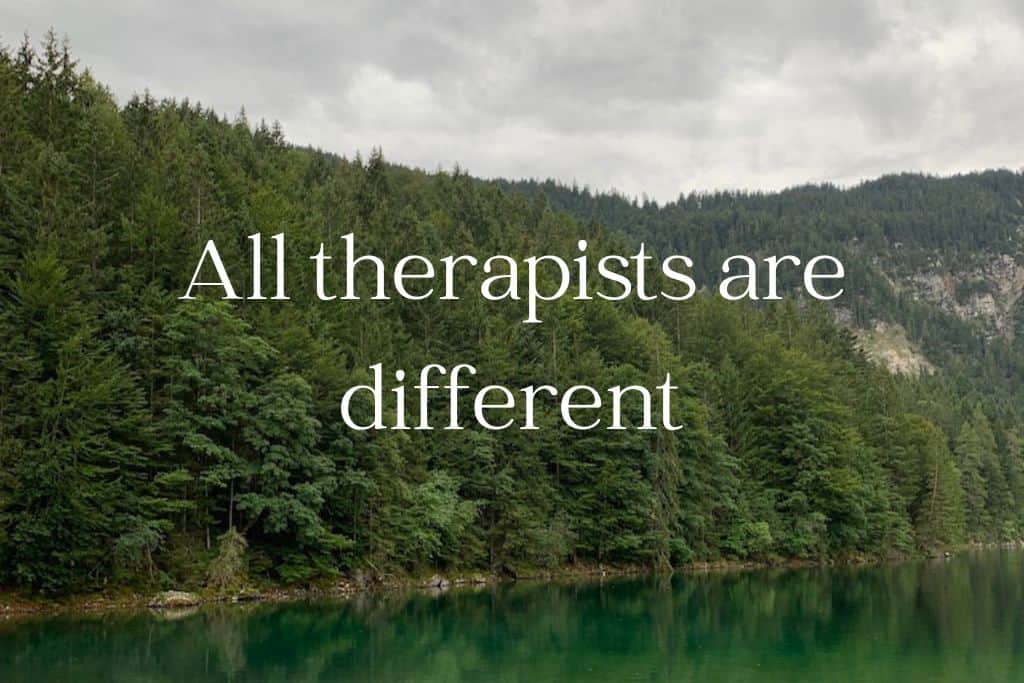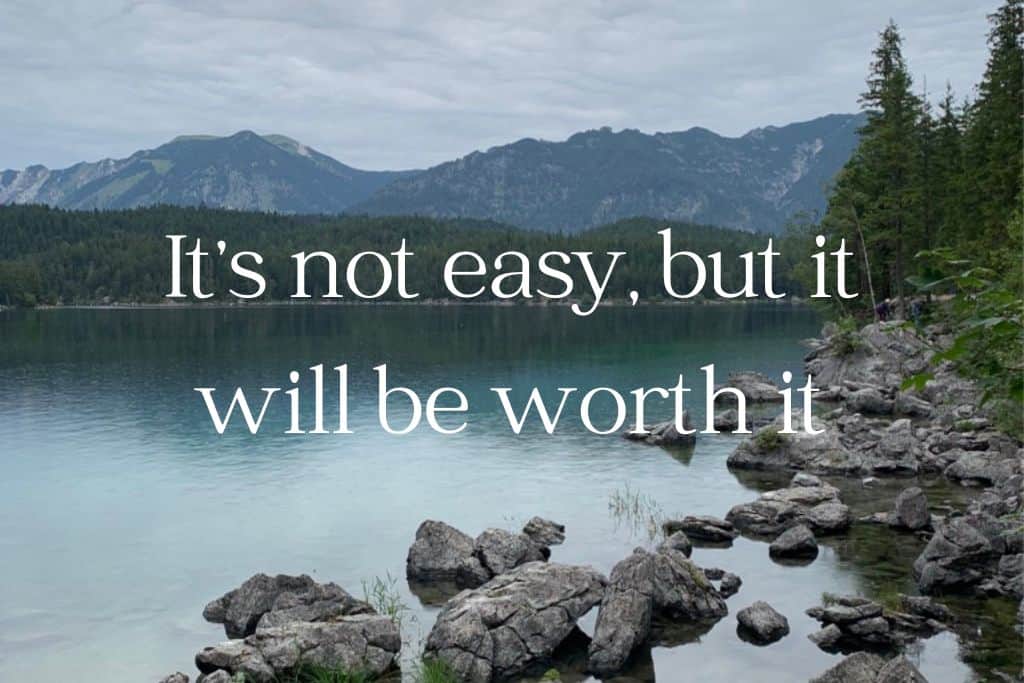12 Things You Need to Know About Therapy from a Therapist (2023)
As a therapist myself, you can probably guess, I’m a big advocate of therapy. I genuinely believe that the majority of people out there would benefit from seeing a therapist.
If you’re interested in going to therapy, but don’t know where to begin, this post is for you. Finding the “right” therapist can be a daunting task, but don’t let the intimidation stop you from an incredible journey.
12 Things to Know About Going to Therapy
As a licensed social worker, I’ll explain 12 things you need to know before going to therapy:
1. You Don’t Need a “Good” Reason to See a Therapist
Any reason to go to therapy is a good one. Sometimes the waves of life get a little too big to ride on our own. And that’s okay.
Reasons one might go to a therapist:
- Wanting to Better Yourself
- Stress Management (School/Career, Financial, Relationship, Family, Life)
- Manage Symptoms of Depression, Anxiety, Trauma, Substance Use/Abuse, etc.
- Temper or Anger Management
- Experiencing Grief or Loss
- Any Other Reason You See Fit
2. Think About Who You Feel Comfortable Talking To
You may feel more comfortable opening up to a woman, or you might prefer talking with a man. You may be looking specifically for someone practicing in the LGBTQ+ space or maybe that doesn’t align with your needs.
Close your eyes and envision who you feel *most* comfortable sitting in a room and sharing fragile conversation with. If you’re not able to open up to the person sitting across the room, then really what’s the point anyway?
Hot Tip:
Generational trauma is real and mighty. If you are a person who has experienced this type of trauma, you might want to consider finding a therapist who can relate on a personal level with your own experience.
3. Consider Your Unique Goals
Start with the end in mind.
Are you suffering from unresolved childhood trauma? Do you experience crippling symptoms of anxiety? Do you need help navigating a new relationship, with hopes of leaving old, destructive habits behind? What is it that you are wanting out of this new, important journey?
Hot Tip:
Establishing an initial goal is necessary, but don’t be too rigid with it. As you move through therapy, you may find your goal will change or even multiply, and that’s okay. In fact, it’s good. Remember, this is just a starting point.
4. You Might Not Like Your First Therapist
One of the most important things I can tell you when trying to find the right therapist is that all therapists are different. But beyond that, all therapists are people; people with their very own personalities. It may take you two or three tries to find a good fit.
You very well may find a therapist that is compatible right off the bat, and that’s great. But sometimes it just doesn’t happen that way. The therapeutic process takes time, and this is just one step in the journey.

5. There are Over 100 Different Types of Therapy Practices
Educate yourself on common therapy practices. This will help narrow down which type of therapy might be best for you and your goals.
Read: 10 Types of Therapy: Know Your Options to learn which type of therapy will best meet your needs
6. There are Resources Available for Finding a Therapist
You can use the “Find a Therapist” option on Psychology Today’s website to search therapists in your city/state and learn all about their specialties, treatment focus, and other important information (location, cost, qualifications, etc.).
Hot Tip:
Therapists are licensed by state, so you must see someone practicing in your neck of the woods. Meaning, if you find a therapist you really like on Instagram, but they live in California and you live in Delaware, that option is a no-go, my friend.
7. Therapy is an Investment is Yourself
Investing in yourself takes courage, vulnerability, and open mindedness, but can make all the difference. You are going to be the best version of you, and that’s something to be excited about.
8. Therapy Isn’t Easy
Going to therapy may be the most challenging, and simultaneously, the most rewarding thing you ever do. Sometimes you have to break before you break free.

9. Therapy is Only Going to Work if You Do
You are only in that office for one hour per week – maybe. You’ve got to be willing to put in the effort and make the changes outside of the therapists office. It’s as simple as that.
10. It’s Not Always Dramatic
We might get caught up in the idea that therapist leads to giant epiphanies. Sometimes that true, but for the most part, it’s not. Therapy generally consists of small, action-driven changes that lead to big results.

11. It’s Up to You to Be Honest
It is not a therapists job to sniff out a liar. Sure, we can prompt and probe with insightful questions. But all-in-all, you’ve got to be the one that brings the truth, and nothing but the truth, to that room.
12. You Might Get Homework
Your therapist may suggest reading a book that aligns with what you’re talking about in sessions. Or they may ask you to journal. Or try different approaches to conversations. Or a number of other things.
Again, this is something that you have to commit to. It’s not easy, but it will be worth it!

The Wrap Up: What to Know About Therapy from a Therapist
Starting therapy can be intimidating and overwhelming. It can also make all the difference. Pat yourself on the back for taking this step. You go, Glen Coco.
Read nest: 10 Types of Therapy: Know Your Options
